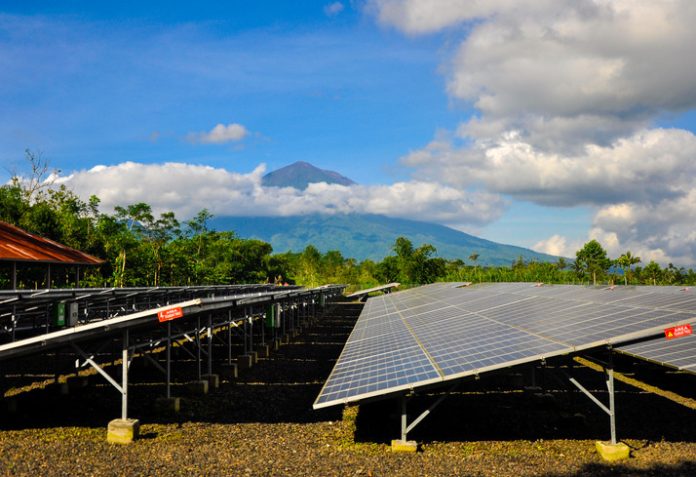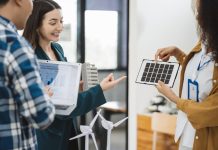By Azis Armand
With the 28th United Nations (UN) Conference of the Parties (COP) upon us, the global energy transition is in full focus. The conference is the first ever Global Stock take, evaluating the world’s progress on slashing greenhouse gas emissions, building resilience to climate impacts, and securing crucial finance and support to address the climate crisis. However, the official Synthesis Report released last September has already highlighted a spoiler alert: the world is far from achieving the Paris Agreement’s goals and there is a closing window of opportunity. It’s time to act.
With current climate commitments out of sync with the pathways needed to limit global warming to 1.5 degrees Celsius, there is an ‘emissions gap’ persistently being underscored. Recognizing the divided reality of developed countries and their capabilities compared to those of developing nations, the historic ‘Loss and Damage Fund’ that resulted from last year’s conference in Sharm El-Sheikh will also be a major topic of discussion. Both the inclusivity and scale of the global energy transition will be at the heart of this year’s proceedings.
In this respect, much attention will be given to the decarbonization of coal-reliant developing countries through the financing mechanism called the ‘Just Energy Transition Partnership’ (JETP). First launched in 2021 at the COP26 in Glasgow, South Africa was the recipient of an $8.5 billion JETP focused on accelerating the country’s decarbonization through its electricity system.
The following year, at the G20 Bali Summit, Indonesia was announced as the second and largest ever partnership with $20 billion pledged in support of the country’s transition away from coal. Indeed, considered to be one of the most vulnerable nations to climate change effects and traditionally a top exporter of coal, the archipelago nation now finds itself as a critical piece in solving the emissions-reduction puzzle.
Prior to the JETP announcement, Indonesia, under President Joko Widodo (Jokowi) set ambitious long-term net zero strategies and enacted an array of new policies to align the country’s sustainability agenda with its development goals. In order to successfully put this into practice, the Indonesian government has placed particular emphasis on enrolling private sector investors and energy players to the effort. For instance, in September 2022, the President issued the Presidential Decree on Renewable Energy, forcing an early retirement of certain coal plants, and setting a new and attractive pricing system for renewables like geothermal, hydro power, and solar power.
Furthermore, since 2020 there have been substantial efforts to promote the electric vehicle (EV) industry through mechanisms such as trade restrictions and consumer subsidies. Since then, private sector players have played a major role in leveraging the fact that the Southeast Asian country is one of the largest two-wheeler markets in the world.
Home to some of the largest reserves of nickel, Indonesia as a country has been expanding its domestic processing of the raw mineral since 2020. As the global demand for EVs is only expected to grow in the coming years, the processing for EV batteries in Indonesia is also expected to increase.
Despite various setbacks this summer, Indonesia has now finally released its updated emissions target and investment map under the recently established JETP on 1st November. Just in time, ahead of the upcoming COP28, the government declared its commitment to reducing carbon emissions to 250 million metric tons for our on-grid power sector by 2030 while increasing our share of renewable energy generation to 44 percent.
As a developing island nation already vulnerable to the most severe effects of climate change, but with all the keys to unlock our global green future, Indonesia will undoubtedly make its mark at this year’s COP in Dubai. Our historically coal-reliant country is making great strides away from our past development strategy and has the potential to become – perhaps – the key player in the global energy transition.
About the Author
 Azis Armand is the Vice President Director and Group CEO of PT Indika Energy.
Azis Armand is the Vice President Director and Group CEO of PT Indika Energy.




































































